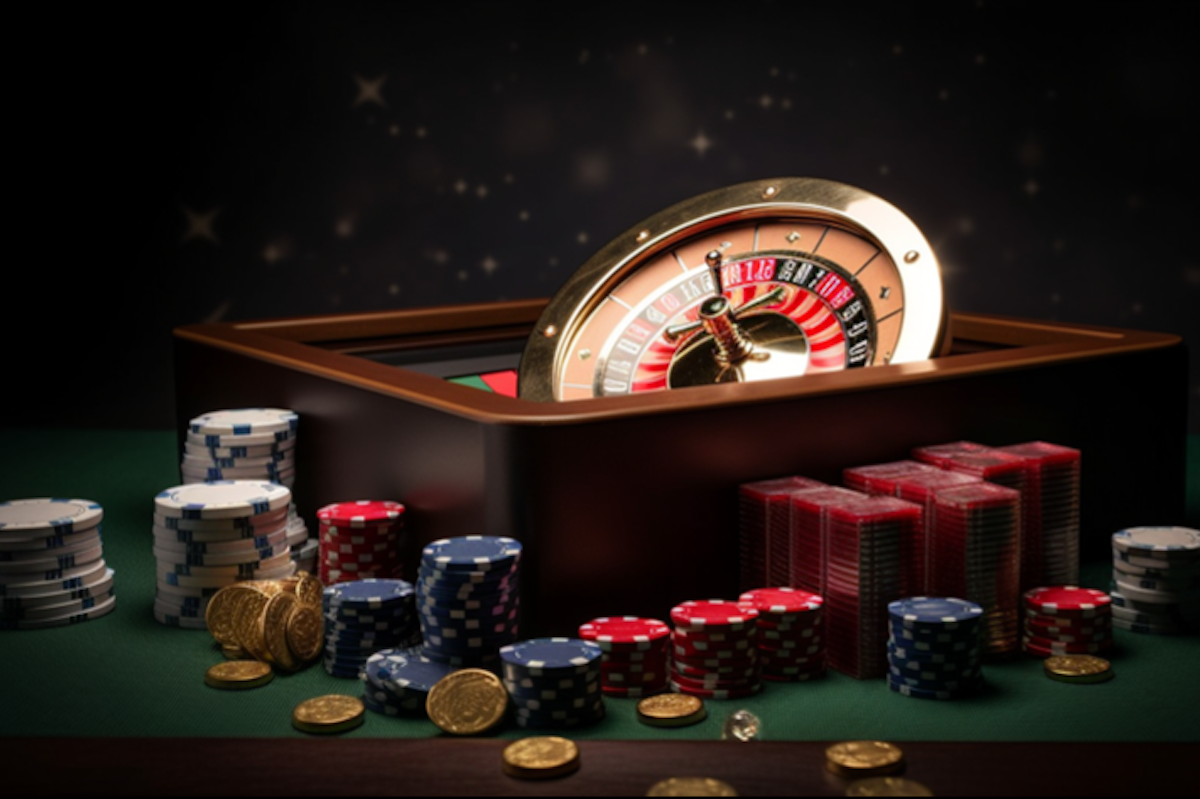When Conflict Ends but Healing Doesn’t
Conflict – whether personal, social, or even political – leaves scars. Yet not everyone chooses reconciliation as a path forward. Increasingly, people find themselves drifting toward casinos and gambling platforms instead. In digital spaces like casino-nomini.gr, the roulette wheel or slot machine often becomes a surrogate for human dialogue.
But why do so many people choose to gamble rather than rebuild relationships? Why does the mechanics of chance feel more comforting than the messy work of forgiveness? The answer lies deep within psychology, sociology, and the symbolic appeal of gambling itself.
Gambling as an Emotional Shortcut
From Dialogue to Distraction
Reconciliation requires listening, empathy, and patience – all emotionally draining processes. Gambling, by contrast, offers instant distraction. The spin of a wheel absorbs tension in seconds, replacing unresolved anger with adrenaline.
The Allure of Certainty in Chance
Ironically, while gambling is uncertain, it offers structured uncertainty: clear rules, predictable rhythms, and outcomes that are final. Conflict, in contrast, is messy and open-ended. Many players prefer a controlled gamble over the unpredictability of human reconciliation.
The Psychology of Avoidance
Gambling as a Defense Mechanism
After conflict, unresolved guilt or anger lingers. Gambling provides an escape where emotions can be silenced by focus on the game. This isn’t just play – it is avoidance turned ritual.
Replacing Emotional Labor with Mechanical Rituals
In reconciliation, you must negotiate, apologize, or forgive. In gambling, you only click, spin, or bet. This replacement of emotional labor with mechanical action makes casinos attractive sanctuaries.
The Symbolism of Chance After Conflict
Gambling as Fate’s Voice
For many, gambling becomes a way of outsourcing decisions. Instead of deciding whether to forgive or reconnect, they let fate “speak” through the spin. Losing can feel like punishment; winning, like cosmic reward.
Luck as Justice
Post-conflict emotions often come with a hunger for fairness. Gambling mimics justice: chance rewards or punishes without bias. To the wounded, this feels more reliable than reconciliation, which often leaves someone dissatisfied.
Social Dimensions: Isolation and Casino Comfort
Why Isolation Feeds Gambling
Conflict often fractures social ties. Gambling, especially online, requires no community or trust. One can retreat into solitary play without the vulnerability of talking to another person.
Casinos as Neutral Zones
Unlike homes or workplaces filled with conflict memories, casinos provide neutral, symbolic “rooms.” In digital form, they are clean spaces free from past arguments, where emotions are reset.
Case Studies: Conflict, Choice, and the Casino
The Broken Relationship Gambler
After marital fights, some individuals prefer casinos over couples therapy. The game provides closure in moments when conversation feels impossible.
Post-Workplace Conflict
Employees who feel betrayed at work often gamble to reclaim a sense of control, channeling their frustration into risk-taking rather than confrontation.
The Cost of Choosing Gambling Over Reconciliation
Temporary Relief, Long-Term Silence
While gambling soothes in the moment, it does not resolve underlying issues. Conflicts remain unhealed, compounding over time.
Risk of Emotional Dependency
When casinos replace reconciliation, people risk emotional dependency on gambling as the only coping tool – leading to isolation, addiction, and unresolved trauma.
Expert Insights: The Substitution of Resolution
Psychologists suggest gambling after conflict works because it substitutes emotional unpredictability with structured risk. The randomness of games feels safer than the randomness of human hearts. But they caution that this substitution delays healing.
Future Trends: Gambling as a Social Mirror
As online gambling grows, platforms may increasingly serve not just as entertainment hubs, but as emotional sanctuaries for the unresolved. Future research may even frame casinos as symbolic “conflict cemeteries,” where people bury dialogue in favor of spinning reels.
Conclusion – Gambling as a Rehearsal of Silence
Casinos don’t only attract thrill-seekers; they attract those weary of emotional labor. For many, gambling after conflict is not about winning money, but about burning the energy of conflict in structured play. Casino platforms remind us of a profound truth: when reconciliation feels too difficult, many people would rather risk it all on chance than risk the vulnerability of dialogue.
In the end, gambling becomes more than entertainment. It becomes a silent ritual – a way of saying: “I can’t fix this with words, but I can survive it with play.”

